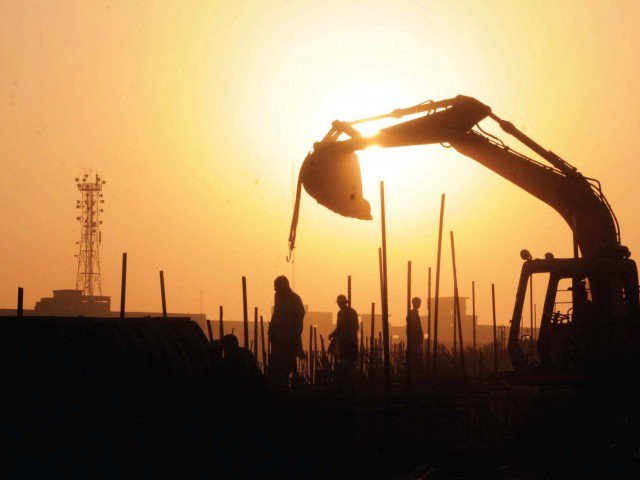AZIZ BUNERI: The Khyber Pakhtunkhwa (KP) government has allocated a token amount of Rs1,000 for 10 multi-billion rupee power projects due to lack of financial resources and the failure of the federal government to disburse the net electricity profit and other arrears to the province.
The KP government had included a number of important development projects in the annual development programme for the current fiscal year. However, due to lack of finances work on these projects is expected to be delayed which will potentially lead to an increase in their costs.
According to sources, the World Bank (WB) in collaboration with the Asian Development Bank (ADB) were supposed to provide funds for the completion of these projects, which have been withheld due to the prevailing Covid-19 induced global financial crunch.
Moreover, sources said that the KP government has not yet received its full share from the National Finance Commission (NFC) award and net profit on electricity from the federal government.
The projects for which the token amount has been allocated include a 177 megawatt (MW) power projects in Swat, which is expected to be completed at the cost of Rs77 billion.
Other major projects include solarization in collaboration with the WB, annual design of Malakand III, 31.17 MW Koto hydraulic project in Swat and the purchase of land for a Rs15 billion public-private partnership project.
Sources further disclosed that despite the completion of several important projects launched to increase power generation in KP, the federal government and Water and Power Development Authority (WAPDA) are not being able to receive electricity from them due to lack of transmission lines, which is causing billions of rupees in losses to KP.




